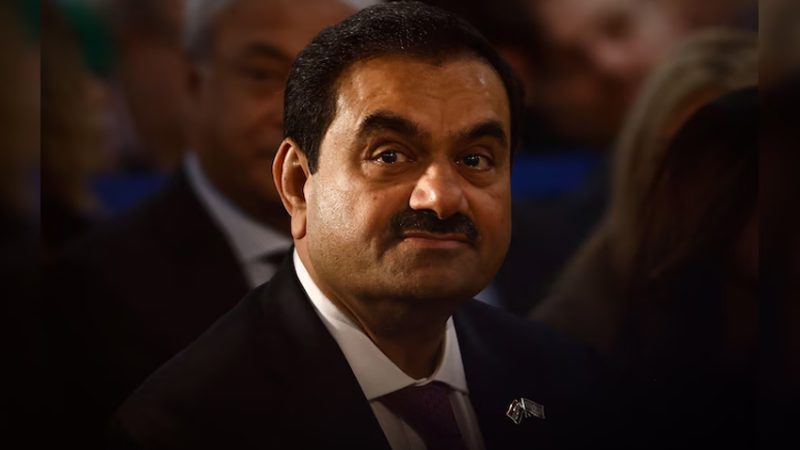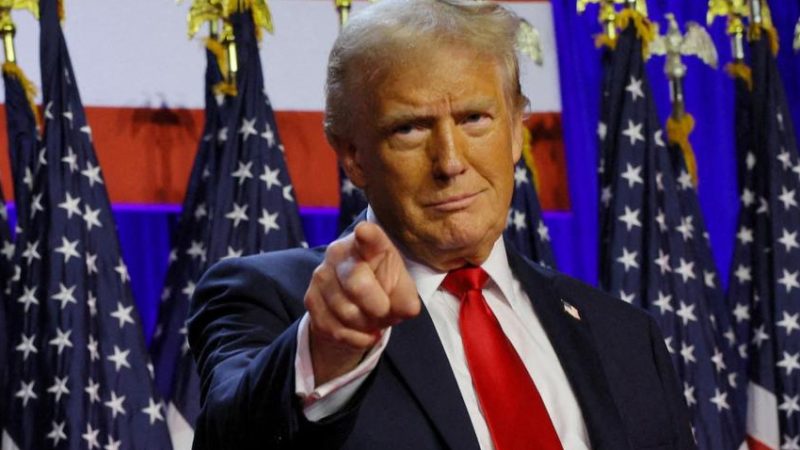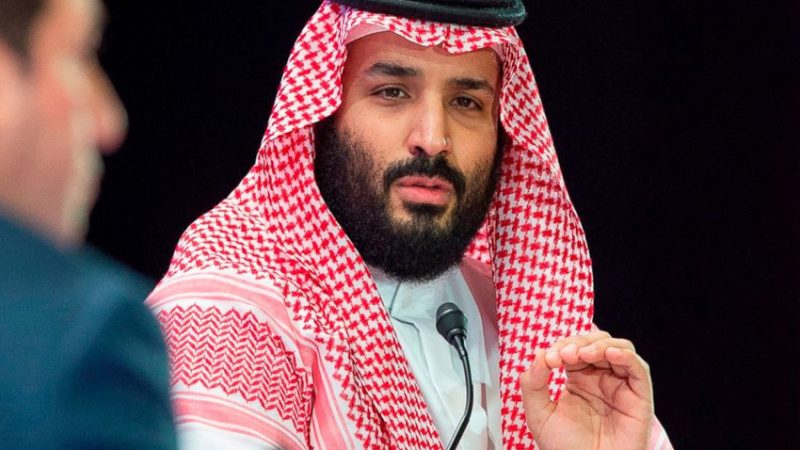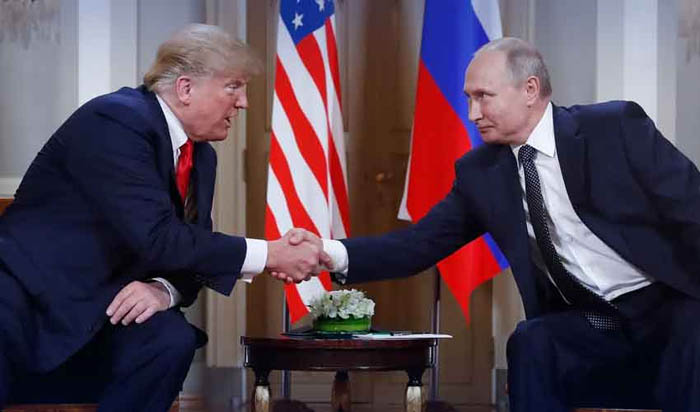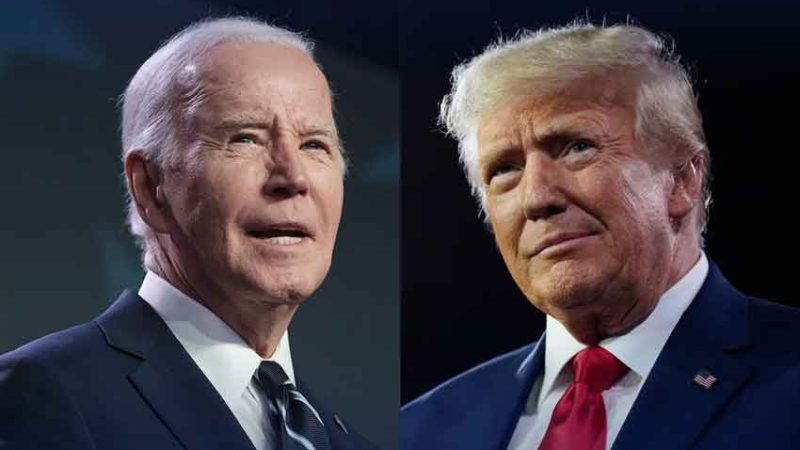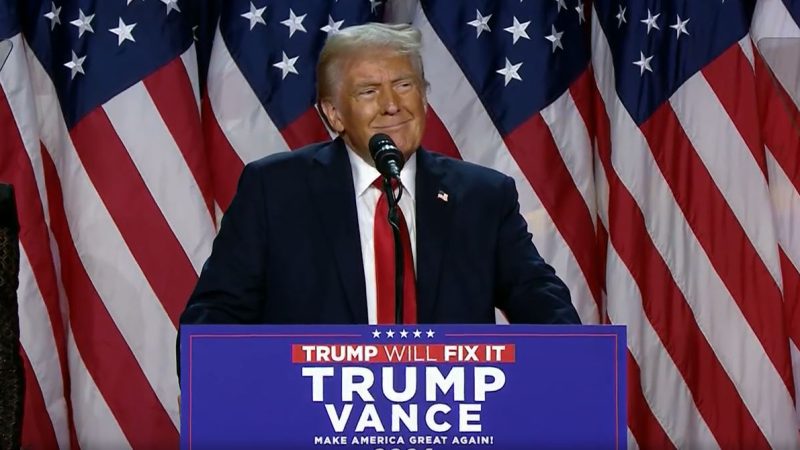Indian media propaganda machine controlled by politicians, national extremism: Cheng Xizhong

In particular, in recent years, the Indian media have played a very negative role in Sino-Indian relations. Some Indian media have increasingly lost their independence and objectivity, just like a propaganda machine controlled by the politicians and national extremism.
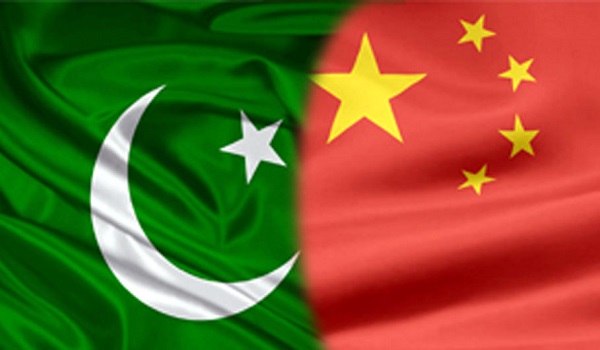
The reason why China has taken countermeasures against India is that India has gone too far on the border issue in recent years, India has gone too far not only with China, but also with Pakistan, Nepal and Bangladesh. On this issue, there is a general consensus among the people of other countries in South Asia.
This was stated by Cheng Xizhong, visiting professor at Southwest University of Political Science and Law and senior fellow of the Charhar Institute in his article issued on Tuesday.
He said, on January 24, more than two months after the 8th round of Corps Commander Level Meeting, China and India held the 9th round of Corps Commander Level Meeting to negotiate settlement of the border confrontation.
Although the official press release has not yet been released, the Indian media suddenly exaggerated the tension on the border, saying that the border troops of the two countries recently had a physical conflict in the Sikkim section of the Sino-Indian border.
At least 20 Chinese soldiers were injured, while only four Indian soldiers got injured.
Chinese sources quickly responded that “the Indian media often have no bottom line and make up false reports.”
“We have received some inquiries about the physical conflict between the Indian troops and the Chinese troops in Sikkim,” the Indian Army said in a statement on January 25. “It needs to be clarified that on January 20,
there was a slight confrontation in Naku La area of North Sikkim, which was resolved by the local commanders in accordance with the established agreement between the two sides. The media should not exaggerate the fake report “, the statement added.
The 9th round of Corps Commander Level Meeting has not come easily. For a long time, the Indian media has been constantly stirring up the flames, confusing the public.
If it goes on like this, it will damage its own reputation and the interests of the country in the end.
The demarcation of the border between China and India is an issue left over by history and also an issue left over by the British colonial days. Since China and India established diplomatic relations 70 years ago, there were opportunities to formally resolve the border issue.
Unfortunately, due to various reasons, the opportunities have been missed. At present, both China and India are in the rising period of national rejuvenation, awareness of geopolitical competition is rising, especially the territorial issue involves the national feelings of the two countries, in addition, there are third-party interference and other reasons, which makes it more difficult to solve border issue.
Cheng Xizhong observed that over the past few decades, India’s border deployment is far more than China’s, whether in terms of permanent troops or military equipment.
This is determined by the natural and geographical environment of the border areas between the two countries, because the altitude of China’s border area is higher, while that of India’s border area is relatively low, so it is not necessary for China to have a large number of troops in the border areas.
What’s more, China persists in building a good-neighbourly relationship and partnership with its neighbours, and China wants to resolve the border dispute peacefully with India through consultation and dialogue.
Therefore, from this perspective, China does not wish to send a large number of troops to the border areas.
Since last year, China’s increase in the number of troops in the border areas is a response and countermeasure to the Indians substantial increase of troops in border areas.
Its fundamental purpose is to defend China’s territorial sovereignty and interests and to prevent the Indian troops from taking further dangerous actions driven by adventurism, he added.


